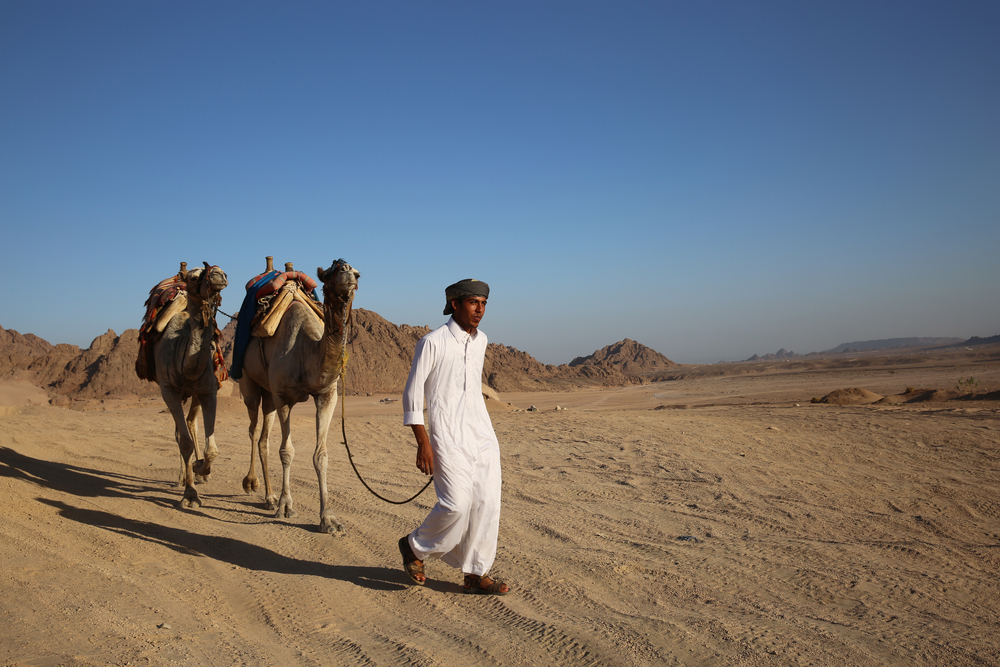Booking.com is the top travel site in the Middle East, but still many people won’t buy from them. According to the Middle East Consumer Travel Report, only 17% of respondents associated Booking.com with travel and this figure fell to only 9% for Trivago.
The report also showed that most people in the Middle East get their travel information through word of mouth by speaking with family and friends, but searching travel websites and online reviews to get ideas closely followed.
31% of the respondents said that they travel at least once a year and most of those, 62% are heading overseas.
It is safe to assume that Middle East people check travel information online but go to their trusted local travel agents to hammer out the final details.
Booking.com = travel?
Booking.com, the first global OTA to localise content into Arabic, is used as an online search point by 39% of respondents.
Booking Holdings CEO Glenn Fogel wants Booking.com to be synonymous with travel. The ultimate goal is for consumers to think of Booking.com when they think of travel and Fogel wants them to come directly to shop and book.

Booking Holdings is strengthening its brand awareness through marketing and advertising; the company plans to increase its presence on media, mostly TV, to try to become a household name. Fogel has stated that this is an important part of the company’s strategy in the long run.
The company has bigger plans, of course. With the help of data scientists, programmers, and new technology, Booking Holdings will unify all of the company products that will be accessible in one platform that will provide an “easy, efficient, and frictionless” end-to-end experience to travellers.
The secret
While Booking.com is a household name for many worldwide, it seems we are still most comfortable working with home-grown brands. As per the report, Middle Eastern people trust home-grown brands that (they believe) know them best.

Companies that are able to tickle the fancy of Middle East travellers enjoy the loyalty and following. Traditional travel agencies used appear to be very country-specific but today, travel agents that have adapted their business models and created hybrid or standalone online platforms to compete.
Also, it is best to appeal to the females for they are pivotal in the decision-making process. More often than not, women decide or massively influence the choice of destination, activities and shortlist hotels. They are in charge of the search phase. Usually, men will just set the budget criteria and/or book the travel.



 share
share










































